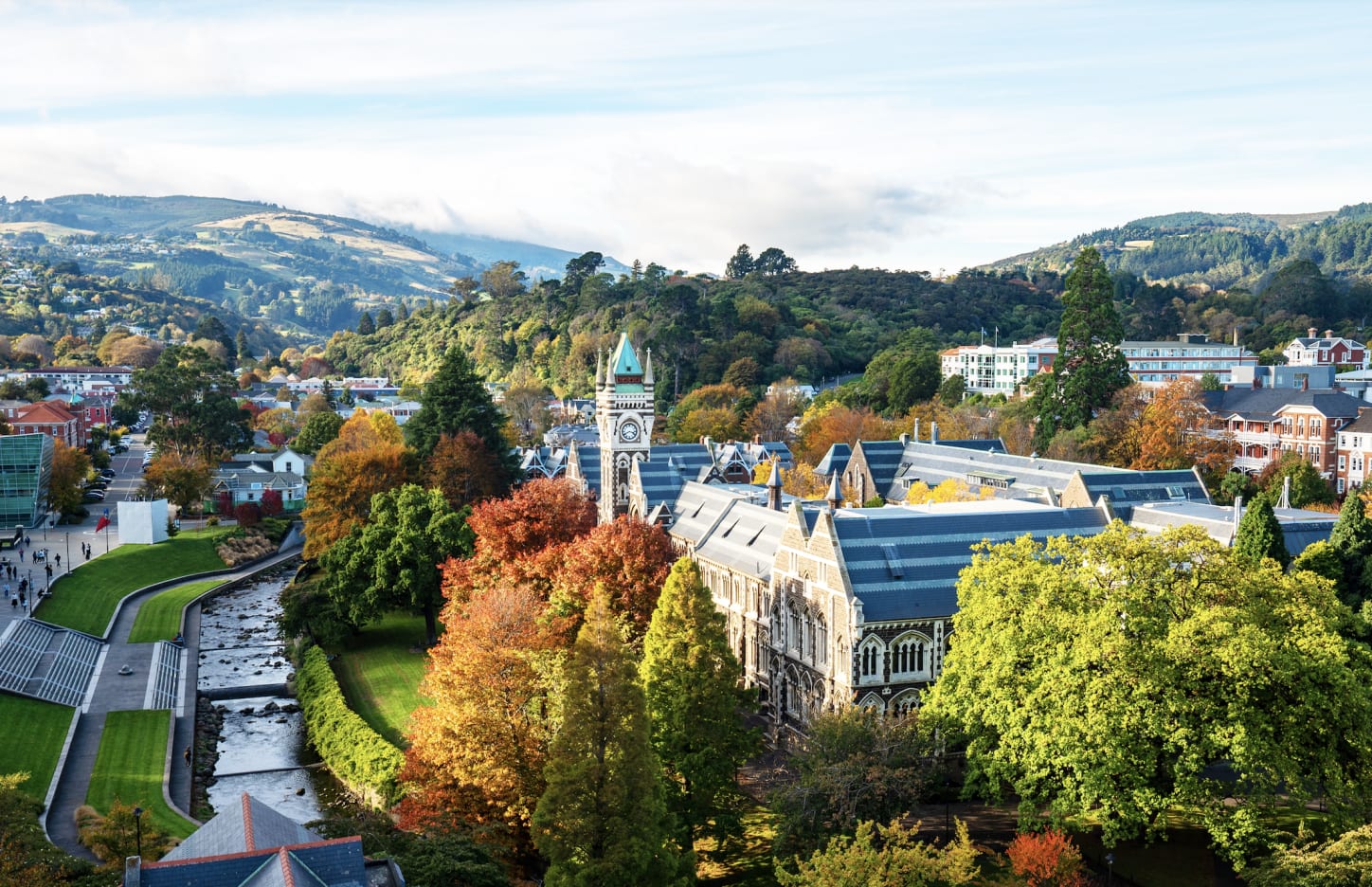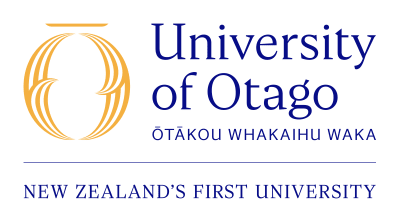
Master of Applied Science (MAppSc) in Software Engineering
Dunedin, New Zealand
DURATION
2 Years
LANGUAGES
English
PACE
Full time
APPLICATION DEADLINE
Request application deadline
EARLIEST START DATE
Request earliest startdate
TUITION FEES
Request tuition fees

STUDY FORMAT
On-Campus
Introduction
Master of Applied Science (MAppSc) in Software Engineering
The Master of Applied Science (MAppSc) is a 180-point, coursework postgraduate degree. A candidate would normally be a graduate but the degree is also open to those with other relevant qualifications.
The MAppSc is designed for students who wish to pursue an interdisciplinary Program of study underpinned by science that delivers versatile skills relevant to multiple end-users. Optional paths are available that emphasise commercialisation, workplace-based projects or independent study.
Optional papers for particular interests
The MAppSc can be completed in 12 months or in stages, providing flexibility for recent graduates and those currently employed.
Why study Software Engineering?
Software engineering requires modelling and understanding complex interactive systems, as well as identifying how the performance of computer information systems can be improved. It also includes managing the construction of the information system components, and ensuring procedures are in place for continual testing and maintenance.
You'll be able to join a highly sought-after profession. New Zealand's (and the world's) future depends on having technical experts who can oversee the construction of the complex information systems that will underpin the new knowledge-based society.
You'll gain the expertise to enter a fast-growing industry with highly-paid job opportunities, where innovation is rewarded.
You'll discover the satisfaction of devising and modelling systems, and then testing them under a range of operating conditions.
Admissions
Scholarships and Funding
Several scholarship options are available. Please check the university website for more information.
Curriculum
- The Program of study
- shall consist of approved papers at 400-level or higher worth at least 180 points, selected from the papers specified in Science Schedule D for the Master of Applied Science subject concerned, and including at least one of APPS 596-598.
- shall normally include papers from more than one subject and at least one of the approved 400-level papers that shall be amongst the first papers taken in the Program of study.
- may, with the approval of the Head of Department or Course Director concerned, include papers worth up to 60 points from 400- and 500-level papers other than those specified in Schedule D.
- A candidate who has completed the requirements for the Postgraduate Certificate or the Postgraduate Diploma in Applied Science shall be exempted from those papers in the Program for the degree which have previously been passed for the certificate or diploma.
Subject areas
Subjects offered for the Master of Applied Science (MAppSc) and Master of Science (MSc):
- Advanced Nutrition Practice
- Applied Geology
- Artificial Intelligence
- Bioengineering
- Computational Modelling (no new enrolments are currently being accepted)
- Computer Science
- Consumer Food Science
- Creative Non-Fiction Writing in Science
- Electronics (no new enrolments)
- Environmental Management
- Geographic Information Systems
- Marine Environmental Science(not offered in 2022)
- Molecular Biotechnology
- Plant Biotechnology
- Quantitative Genetics
- Science and Natural History Filmmaking
- Science Communication
- Science in Society
- Software Engineering
- Telecommunications
Program Outcome
Level of Award of the Degree
The degree may be awarded with distinction or with credit.
What will I learn?
You'll learn about databases, mathematical applications, software development, and strategies for using computers to solve real-life problems. You'll cover issues like systems design, where you'll assess software on issues like usability and visual appeal. You'll also learn how to manage and coordinate a software project, taking into account modelling, costing, risk, organisation and resourcing.
Program Tuition Fee
Career Opportunities
Software Engineers are among the highest-paid professionals in most countries of the world. Countries like Japan and the United States are relaxing their immigration laws in order to address critical shortages in this area.
Software engineers are not only in demand at software companies, but are also sought after in a range of other organisations involved in the development of significant information systems. This includes governments, telecommunications companies, the chemical industry, biomedical industries, financial institutions, agribusinesses, pharmaceuticals, healthcare sector corporations, engineering and manufacturing firms.
While the work of software engineers can often involve developing interactive, user-friendly applications to be used by companies and individuals, it can also involve the development of a considerable amount of 'behind the scenes' software. This can include systems to improve the management of e-commerce, or to improve the security and privacy of Internet transactions.
There is enormous scope to establish new start-up organisations throughout the information technology and telecommunications industries. This might mean anything from designing an interactive application for use on the Web, to developing your own line of software to meet the needs of a particular sector, such as tourism or finance.
Program delivery
Application details
Applicants should submit their online application form along with the following supporting documents: scanned copies of their previous official academic transcripts (awards gained, marks, grades); a certified copy of the personal details page of their passport or a birth certificate (in English); Educational Credential Evaluators report (ECE); and certified/notarised translations of original documents which are not in English. After completion of online application, applicant’s proof of identity document must be posted to: International Office, University of Otago, PO Box 56, Dunedin 9054, New Zealand. International student applications for semester 1/summer school study close: Oct-31; Semester 2 study close: Apr-30.
